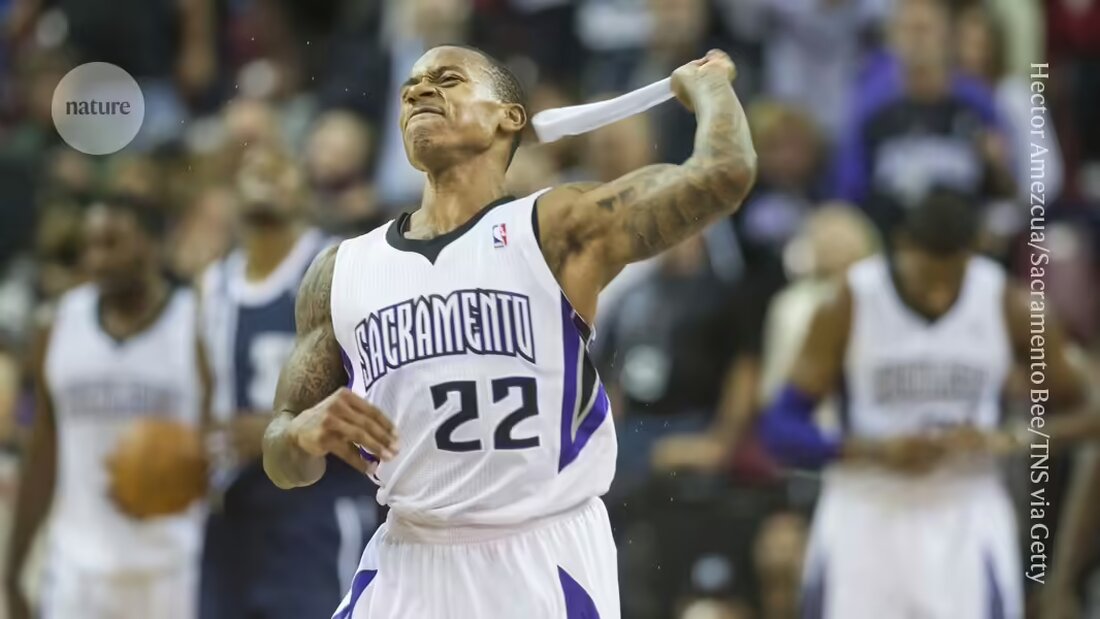Have you ever had to perform in a tense situation and completely failed? You are not alone. Experiments with monkeys show that “failure under pressure” is associated with a decrease in activity in the neurons that prepare for movement 1.
“You see it everywhere: in sports, in all different sports, and outside of sports,” says Steven Chase, a neuroscientist at Carnegie Mellon University in Pittsburgh, Pennsylvania. Chase and his colleagues studied what happens in the brain that causes performance to decline and published their findings Sept. 12 in the journalNeuron.
Failing under pressure is not unique to humans. Just as a tennis player can miss a crucial shot, monkeys can also perform poorly in high-reward situations.
The big win
The research team set up a computer-based task in which rhesus monkeys received a reward after quickly and accurately moving a cursor over a target. On each trial, the monkeys received cues indicating whether the reward would be small, medium, large, or a “jackpot.” Jackpot rewards were rare and unnecessarily large, creating a high-risk, high-reward situation.
Using a small electrode-equipped chip implanted into the monkeys' brains, the team observed how neural activity changed between reward scenarios. The chip was placed in the motor cortex, an area of the frontal lobe that is responsible for motor functions.
The researchers found that in jackpot scenarios, the activity of neurons associated with motor preparation decreased. Motor preparation is the way the brain makes calculations to complete a movement - similar to aiming an arrow at a target before releasing it. The decline in motor preparation meant that the monkeys' brains were not optimally prepared, resulting in underperformance.
The results “help us understand how reward-dependent behavior is nonlinear,” says Bita Moghaddam, a behavioral neuroscientist at Oregon Health & Science University in Portland.
To some extent, “you just don't perform better as the reward gets bigger,” Moghaddam explains. It would also be interesting to see how other brain regions respond in jackpot reward situations, she adds, since multiple regions could be involved.
Optimal preparation
The researchers then examined why motor preparation decreases in high-risk scenarios. An analysis of how reward motivation and neural preparation related to the monkeys' performance suggested that neural activity reached a point of optimal preparation as reward size increased. With even larger rewards, preparation begins to decline, pushing the brain beyond its optimal performance. The researchers call this the neural bias hypothesis.
The team is also interested in whether failure under pressure can be avoided, says Chase. For example, he wonders whether feedback about one's own brain activity could help optimize performance. But first the phenomenon needs to be studied more closely in humans, he says.

 Suche
Suche
 Mein Konto
Mein Konto

